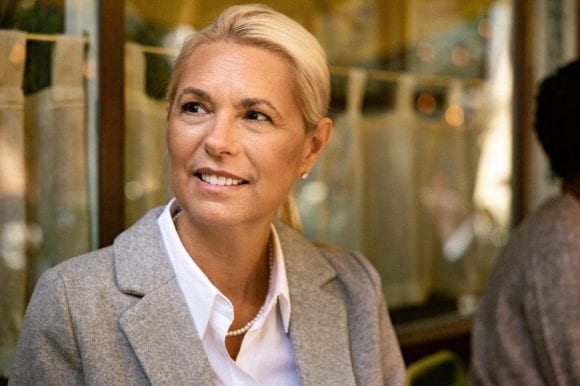Our latest sustainability report
Read more about our sustainability and impact strategy and what we achieved over the past year.

Our approach
Protect
Manage our business aligned to the sustainable, long-term Group strategy and adapt to evolving standards.
Grow
Embed an innovative UBS sustainability and impact offering across all business divisions.
Attract
Be the bank of choice for clients and employees alike.
Embark on a sustainable journey with us

Our knowledge-based research on the most relevant sustainability topics from the industry.


Our insights
Our sustainability and impact experts regularly produce insights, thought leadership and inspiring stories that can support you in becoming a more impactful change-maker.

We offer holistic insights and experiences, advice and execution services, designed to help you maximize your impact and build your legacy.

Insights and experiences
Discover the latest research, guides, stories, and impactful projects from our world of social impact. Attend exclusive events, trips and networking opportunities with like-minded people and experts who share your passion for change.

Philanthropy advice
Our experienced advisors are here to help you in creating a philanthropy strategy that aligns with your values and maximizes your positive impact. Whether you’re an individual, family, business or entrepreneur, we provide tailored advice to make your giving journey both fulfilling and effective.

Execution solutions
Our expert team is dedicated to turning your philanthropic aspirations into real-world solutions. From grant-making, blended finance, partnerships and impact assessment, we offer end-to-end solutions that ensure your resources create lasting change.

Whether you're an institutional investor, corporate client or private client, we want to help you meet your sustainability and impact priorities.
Wealth Management
At UBS Wealth Management, we believe sustainability is relevant to how you manage your wealth. We'll get to know the issues close to your heart, so we can help you find good investments that fit with your values.
Investment Bank
At UBS Investment Bank, we strive to be at the forefront of ESG and sustainability. Our advisors and analysts explain the key issues and help shape the discussions relevant to corporates and investors.
Asset Management
At UBS Asset Management, sustainability means thinking and acting with the long term in mind. It’s an integral part of our business, from the products, services and advice we offer, to the way we work and operate in society.
Swiss Business
At UBS in Switzerland, we offer a broad range of advisory services and products that enable you to have a sustainable impact, whether you're a private client, a start-up or an established company.
UBS Optimus Foundation
Celebrating 25 years of impact
Over the past 25 years, and together with you and our partners, we have driven meaningful change in health, education, climate and the environment.

Explore our insights
Our sustainability and impact experts regularly produce insights, thought leadership and inspiring stories that can support you in becoming a more impactful change-maker.












